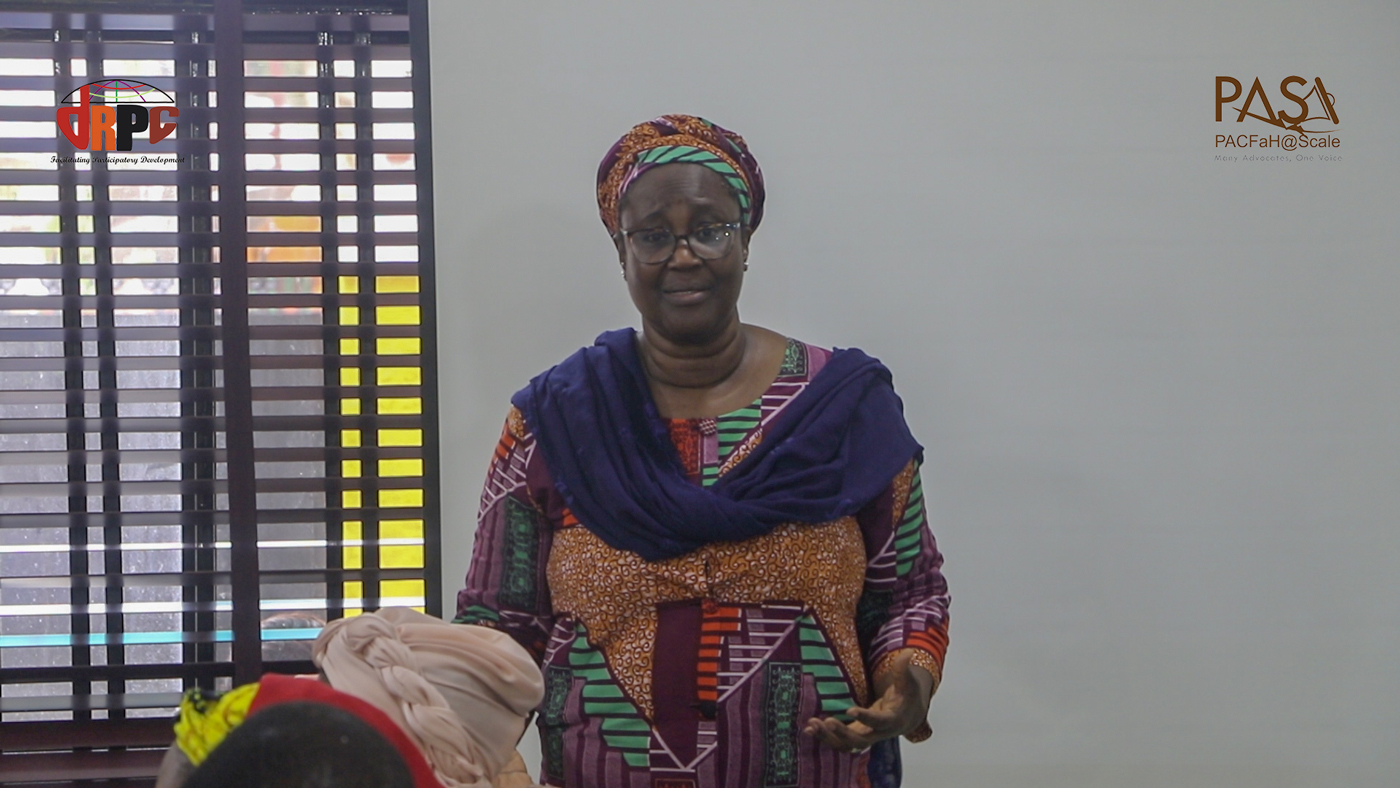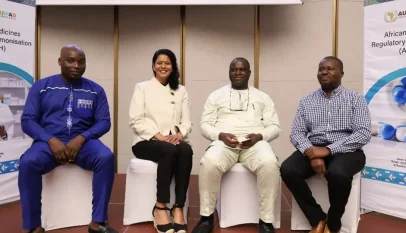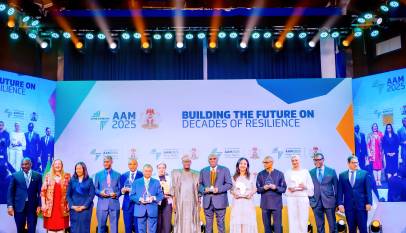OP-ED: As the Nigerian executive drops the ball on the 2020 health budget; citizens, civic organisations appeal to NASS for reconsideration, By Judith Ann-Walker
As Nigeria sets its national priorities in the annual budget expenditure, for the fifth year in a row, the health sector is a low performer – a second-rate partner and bench-sitter on a losing B team

The 2014 Budget for Jobs and Inclusive Growth and the 2015 Budget of Transition had both allocated a mere 5.78% to the public health sector. With only 4% allocation for health, The 2016 Budget of Change was even more inconsiderate. The same trend was maintained in the 2017 Budget of Economic Recovery and Growth; the 2018 Budget of Consolidation; as well as the 2019 Budget of Continuity, whose health sector allocations were 4%, 4.4% and 4.75%, respectively.
Against the backdrop of a gloomy 2020 global economic forecast and projected annual population growth rate of 2.6%, one could easily be convinced by the government’s rationalization of the disproportionate prioritization of THE ECONOMY. Not surprisingly, the 2020 budget, dubbed The Budget of Sustaining Growth and Job Creation – just like the 2014 Budget for Jobs and Inclusive Growth – focuses squarely on economic development.
Worthy of note, to balance off the lopsided focus on infrastructure, transportation and the economy, the government of the day has accorded limited priority to the social sector by allocating billions to its Social Investment Programmes (SIPs), Education and remarkably, Sustainable Development Goal 5 – focused on achieving gender equality and empowering all women and girls – which received more than half of the NGN40 billion allocated for the SDGs.
Undeniably, budgeting is a difficult task and no government can satisfy all sectoral interests; nevertheless, in budgeting for the people, the government must remain consistent with its own policy pronouncements on the centrality of health in its human development programmes. In Page 3 of the Call Circular for the Budget of 2020, which guides government Ministries, Departments and Agencies (MDAs) on budgeting principles, health was at First Place for Honourable Mention: “Prominence should also be accorded to human capital development, specifically Health, Education and Social Inclusion,” said the Call Circular.
Doubtlessly, the 2020 budget has done justice to the government guidelines on education and social inclusion. Why not health? The proposed 2020 budget of the Federal Ministry of Health is N427.30 billion, which amounts to just 4.14% of the budget; as against the 4.75% of the 2019 approved budget. This means instead of progressing, we have moved backward – losing the match even before the whistle was blown.
In the face of this de-prioritization and disinvestment in the health sector, Nigerian citizens and health-focused civic groups are calling upon the National Assembly (NASS) to reposition health as a catalytic sector for national development. Civil society organizations under the Partnership for Advocacy in Child and Family Health at Scale (PACFaH@Scale) coalition call on members of the NASS not to be misguided by the argument that funds meant for health are consistently being returned to the treasury, at the end of the budget year.
This does not in any way mean the health sector is adequately funded; rather, it is clear evidence of late budget releases and poor fiscal discipline leading to costs overruns and consequently a host of incomplete health sector capital projects. Happily, the 2020 budget lays emphasis on completing on-going projects “rather than commencing new ones”. Therefore, as the 9th NASS reviews and revises the 2020 budget, Nigerian citizens and civic organisations call upon the legislators to score a goal for health.
A goal for health is a goal for every other sector – Education, Infrastructure, Transport and Social Inclusion. And a healthy population is a productive population!
Dr. Judith Ann-Walker is the Executive Director of Development Research and Projects Centre (dRPC), the anchors of the Partnership for Advocacy in Child and Family Health at Scale (PACFaH@Scale) project. She can be reached at drpc20022002@yahoo.com












